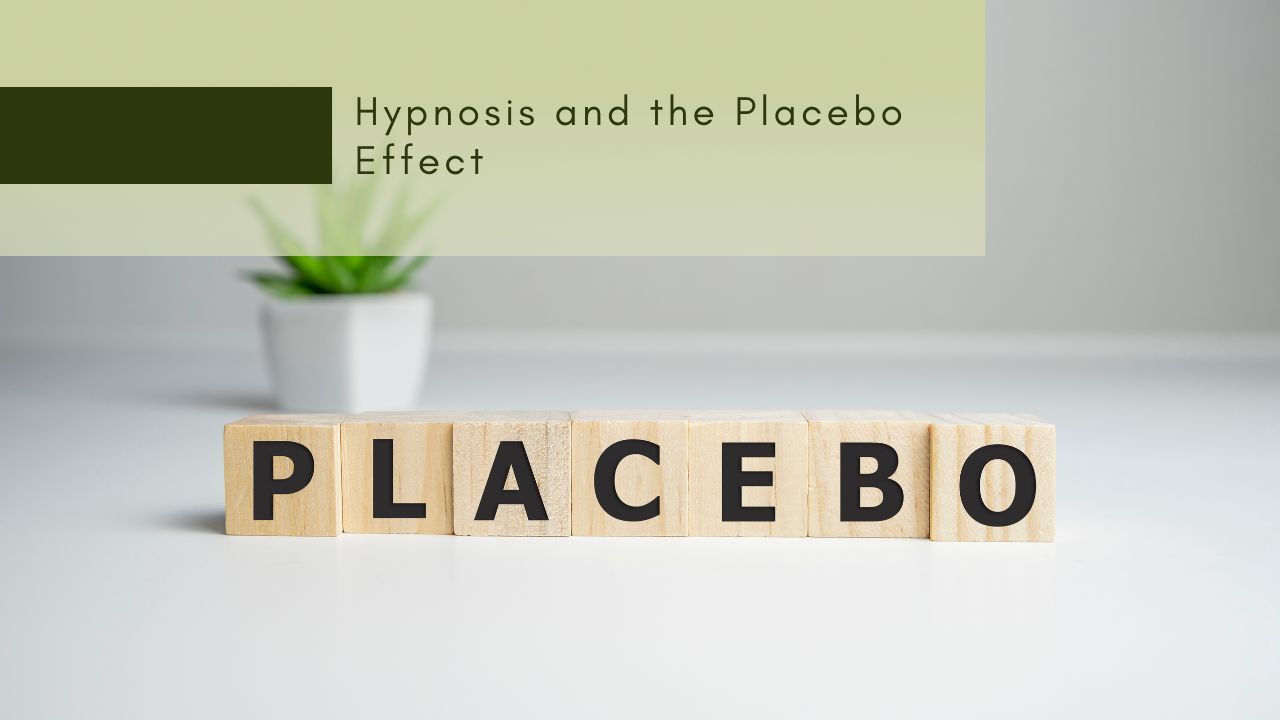Emotional intelligence (EI) refers to the ability to recognize, understand, manage, and effectively use one’s own emotions and those of others. It involves a set of skills and competencies that contribute to building positive interpersonal relationships, navigating social complexities, and achieving personal and professional success. The concept was popularized by psychologists Peter Salovey and John Mayer and later by author Daniel Emotional intelligence is important crucial for several reasons:
What Constitutes Emotional Intelligence, and Why Is It Important?
- Effective interpersonal relationships: Individuals with high emotional intelligence can navigate social situations, build rapport, and establish meaningful connections with others. This is essential for success in both personal and professional spheres.
- Leadership: Leaders with strong emotional intelligence can inspire and motivate their teams, manage conflicts, and create a positive work environment. They are often more effective in leading and influencing others.
- Effective communication: Emotional intelligence enhances communication skills, enabling individuals to express themselves clearly, listen actively, and understand others’ perspectives. This is vital in personal relationships, teamwork, and collaboration.
- Stress management: People with high emotional intelligence are better equipped to handle stress and adversity. They can stay composed in challenging situations and make rational decisions, contributing to overall well-being.
- Conflict resolution: Understanding emotions helps in resolving conflicts constructively. Individuals with emotional intelligence can navigate disagreements with empathy, seeking solutions that benefit all parties involved.
- Adaptability: Emotional intelligence enables individuals to adapt to changes and uncertainties. It fosters resilience and the ability to learn from experiences, promoting personal and professional growth.
In summary, emotional intelligence plays a crucial role in personal and professional success by fostering self-awareness, interpersonal skills, and effective communication. It contributes to positive relationships, leadership effectiveness, and overall well-being.
Can Hypnotherapy Enhance Emotional Intelligence?
Hypnotherapy is a therapeutic approach that utilizes hypnosis to induce a state of focused attention and heightened suggestibility in individuals. While there is limited scientific research specifically on the direct impact of hypnotherapy on emotional intelligence, some aspects of hypnotherapy may contribute to enhancing emotional intelligence indirectly.
It’s important to note that the effectiveness of hypnotherapy can vary among individuals, and its impact on emotional intelligence may depend on factors such as the skill of the hypnotherapist, the individual’s receptiveness to hypnosis, and the specific goals of the therapy.
What Role Does Hypnotherapy Play in Developing Emotional Awareness and Regulation?
Hypnotherapy can potentially play a role in developing emotional awareness and regulation by leveraging the power of suggestion and focused attention. Here’s how hypnotherapy may contribute to these aspects of emotional well-being:
- Increased Self-awareness: Hypnotherapy often involves inducing a state of deep relaxation and heightened focus. In this state, individuals may be more receptive to exploring their thoughts, feelings, and memories. Hypnotherapy sessions can guide individuals to reflect on their emotions, past experiences, and underlying beliefs, fostering increased self-awareness.
- Identification of Emotional Triggers: Through hypnotherapy, individuals may explore the roots of their emotional responses and identify specific triggers. By understanding the origins of certain emotions, individuals can gain insights into patterns of behavior and reactions. This awareness is a crucial step toward effective emotional regulation.
- Learning Relaxation Techniques: Hypnotherapy frequently incorporates relaxation techniques that aim to reduce stress and anxiety. Learning and practicing these techniques can contribute to better emotional regulation by providing individuals with tools to manage and cope with intense emotions.
- Addressing Negative Thought Patterns: Hypnotherapy can be used to challenge and modify negative thought patterns and beliefs. By replacing negative or unhelpful thoughts with more positive and constructive ones, individuals may experience a shift in their emotional responses and overall emotional well-being.
- Building Coping Strategies: Hypnotherapy sessions may involve the development of coping strategies for managing emotional challenges. This can include creating mental imagery or rehearsing positive responses to specific situations, empowering individuals to navigate emotions more effectively in their daily lives.
- Enhanced Mindfulness: The hypnotic state itself is characterized by focused attention and heightened awareness. This state is akin to mindfulness, which involves being fully present in the moment without judgment. Through hypnotherapy, individuals may develop a heightened sense of mindfulness, allowing them to observe and regulate their emotions more effectively.
It’s important to note that the effectiveness of hypnotherapy can vary among individuals, and not everyone may respond to hypnosis in the same way. Additionally, the success of hypnotherapy in promoting emotional awareness and regulation may depend on factors such as the skill of the hypnotherapist, the individual’s willingness to engage in the process, and the specific techniques used in the sessions.
How Does Hypnotherapy Support Empathy and Social Skills Building?
- Hypnotherapy may support the development of empathy and social skills through various techniques and approaches that target the individual’s mindset, beliefs, and emotional responses. Below are ways in which hypnotherapy could contribute to empathy and social skills building:
- Heightened Sensory Imagery: Hypnotherapy often involves the use of guided imagery and visualization. These techniques can be employed to enhance sensory experiences, allowing individuals to vividly imagine the feelings and perspectives of others. This process can contribute to a greater understanding of emotions and foster empathy.
- Perspective-Taking Exercises: Hypnotherapy sessions can include exercises that encourage individuals to see situations from different perspectives. By temporarily adopting the mindset of another person, individuals may develop a deeper sense of empathy and an enhanced ability to understand and connect with others.
- Stress Reduction for Social Anxiety: Hypnotherapy can address social anxiety and fears related to social interactions. By reducing stress and anxiety levels, individuals may feel more at ease in social situations, enabling them to focus on building connections and enhancing social skills.
- Improving Communication Patterns: Hypnotherapy may work on enhancing communication skills by addressing subconscious barriers or limiting beliefs that hinder effective interpersonal interactions. This can include developing assertiveness, active listening, and non-verbal communication skills.
- Building Confidence: Hypnotherapy can help individuals build confidence and self-esteem, which are essential for successful social interactions. Increased self-confidence can lead to a more positive and open demeanor, making it easier for individuals to engage with others.
- Addressing Social Blocks: Some individuals may have subconscious blocks or negative associations related to social interactions. Hypnotherapy can help identify and address these blocks, allowing individuals to approach social situations with a more positive mindset.
- Cultivating Positive Social Habits: Hypnotherapy sessions can include suggestions and reinforcement of positive social habits. This may involve creating mental associations that reinforce desired behaviors, fostering the development of social skills over time.
What Are the Practical Applications of Improving Emotional Intelligence through Hypnotherapy?
Improving emotional intelligence through hypnotherapy can have practical applications across various aspects of life, including personal relationships, professional settings, and overall well-being. Below are some practical applications:
- Enhanced Interpersonal Relationships:
- Personal Relationships: Improved emotional intelligence can lead to better communication, understanding, and empathy in personal relationships. Individuals may develop a deeper connection with others by recognizing and responding to emotions more effectively.
- Family Dynamics: Hypnotherapy can help address emotional patterns within families, fostering healthier communication and relationships.
- Effective Leadership and Teamwork:
- Leadership Skills: Individuals with heightened emotional intelligence are often better equipped to lead teams. They can inspire and motivate others, navigate conflicts, and create positive work environments.
- Team Collaboration: Improved emotional intelligence contributes to better teamwork and collaboration, as individuals can understand and appreciate diverse perspectives within a group.
- Stress Management and Resilience:
- Stress Reduction: Hypnotherapy techniques for relaxation and stress management can help individuals cope with life’s challenges more effectively. This can lead to increased resilience and a more balanced emotional state.
- Adaptability: Emotional intelligence supports adaptability, helping individuals navigate change and uncertainty with a positive and constructive mindset.
- Effective Communication:
- Clear Communication: Individuals with improved emotional intelligence are better communicators. They can express themselves clearly, actively listen to others, and adjust their communication style to fit the needs of the situation.
- Conflict Resolution: Hypnotherapy can contribute to conflict resolution by helping individuals approach conflicts with empathy and effective communication skills.
- Career Advancement:
- Professional Relationships: Strong emotional intelligence can positively impact relationships with colleagues, superiors, and clients. This is crucial for career advancement, as individuals with strong interpersonal skills are often perceived as valuable contributors to the workplace.
- Decision-Making: Emotional intelligence plays a role in decision-making, allowing individuals to make well-informed and emotionally balanced choices.
- Well-being and Mental Health:
- Emotional Well-being: Hypnotherapy can contribute to overall emotional well-being by addressing negative thought patterns, managing stress, and promoting a positive mindset.
- Mental Health Support: Improved emotional intelligence can complement mental health interventions, providing individuals with tools to manage emotions and navigate mental health challenges.
- Life Satisfaction:
- Personal Fulfillment: Individuals with high emotional intelligence often experience greater life satisfaction. They have the skills to manage their own emotions, build meaningful relationships, and pursue personal and professional goals.
It’s important to approach hypnotherapy for improving emotional intelligence with realistic expectations and in conjunction with other personal development strategies. The practical applications of enhanced emotional intelligence are diverse and can positively impact various aspects of an individual’s life.




